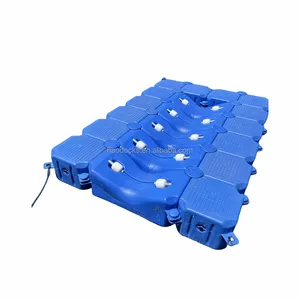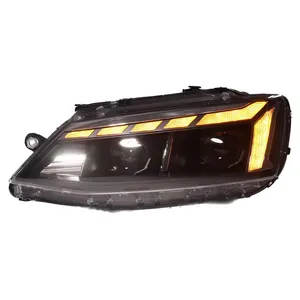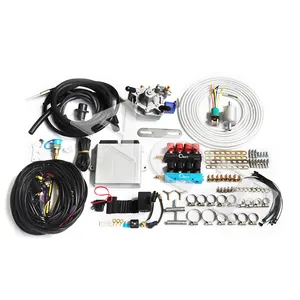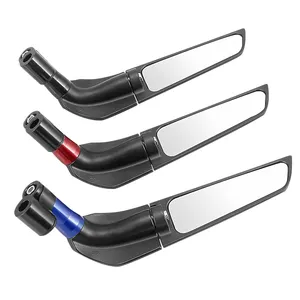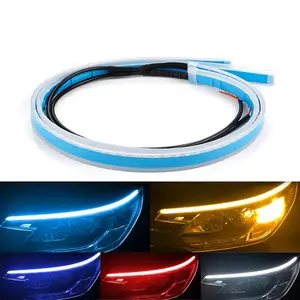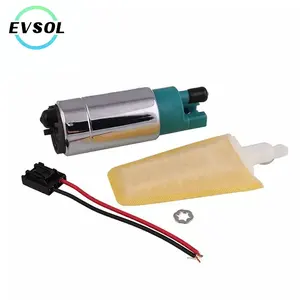Popular in your industry





















































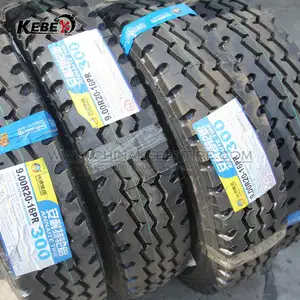
















Related Searches:













































































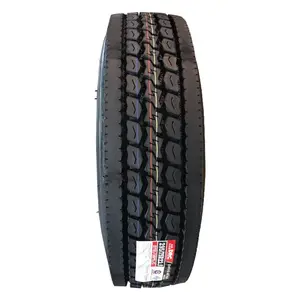






















































Top categories
About truck tires 315 80 22.5
Navigating the highways and byways of commercial trucking demands not just skill but also the right equipment—starting with the tires that carry the load. The 315/80R22.5 tire is a cornerstone in the industry, offering the durability and reliability needed for heavy-duty applications. This ultimate guide delves into the intricacies of these commercial truck tires, from their robust design tailored for high-scrub urban environments to their versatile applications across various terrains and weather conditions. Whether you're hauling across country lines or navigating the urban jungle, understanding the features, specifications, and maintenance of these tires is key to optimizing performance and extending their service life.
Understanding 315/80R22.5 Commercial Truck Tires
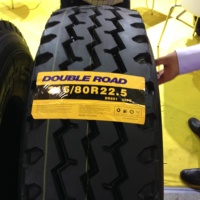
The 315/80R22.5 tire is a robust commercial truck tire designed for heavy-duty applications. It features a specialized tread compound that balances cut and tear resistance with longevity, making it suitable for vehicles like garbage trucks that encounter demanding environments. The tire's construction includes a bead engineered to endure high temperatures from frequent braking, enhancing its durability. A distinctive aspect of these tires is the sidewall rib that helps shield the tire from curbing and abrasions, thereby preserving the casing. Additionally, the tire incorporates groove technology to minimize stone retention, which further contributes to the extension of the casing's lifespan. With a 20 ply rating and a load range of L, this tire is built to support substantial weight, making it a reliable choice for commercial trucking needs.
Key Features of 315/80R22.5 Tires
The 315/80R22.5 tire is engineered for urban all-position use, particularly suitable for waste transport vehicles and other high-scrub applications. It incorporates an advanced tread compound and a design that promotes durability against cuts and tears. The tire's construction is robust, enabling it to endure high temperatures and providing reliable traction. Its design aims to achieve high mileage and extend tread life, making it a practical choice for demanding urban environments.
The Importance of Tire Size and Specifications
Understanding the significance of tire size and specifications is crucial for the optimal performance of commercial trucks. The dimensions of a tire, such as 315/80R22.5, provide a wealth of information. The '315' indicates the tire's width in millimeters, which is essential for ensuring the tire fits correctly on the rim and provides the necessary road contact. The '80' represents the aspect ratio, a percentage that describes the tire's profile height compared to its width. This is vital for determining the tire's compatibility with the vehicle's load and handling characteristics.
The construction type, indicated by 'R' in this case, stands for radial. This designates the orientation of the tire's internal steel belts, which is a key factor in the tire's durability and performance. The '22.5' refers to the rim diameter in inches, which must match the wheel for proper installation. Additionally, the sidewall of the tire often includes a load index and speed rating. The load index informs us about the maximum weight each tire can safely support, while the speed rating specifies the maximum speed at which the tire can carry a load. These specifications are integral to maintaining safety and efficiency in commercial truck operations.
Types of 315/80R22.5 Tires Available on Alibaba.com

The Alibaba platform showcases a diverse range of 315/80R22.5 tires, catering to various commercial trucking needs. These tires come in different tread patterns, designed to handle a multitude of road conditions and usage scenarios. Among the selection, one can find tires suited for long-haul journeys, offering a balance between fuel efficiency and durability. There are also options with deeper treads and reinforced sidewalls, tailored for trucks that navigate rough terrains or carry heavy loads, providing enhanced traction and resistance to wear. The radial construction of these tires is a common feature, contributing to their ability to withstand extended periods of use while maintaining stability and safety. The variety extends to tires optimized for specific weather conditions, including those with tread designs that perform well in wet conditions, reducing the risk of hydroplaning. Alibaba's assortment includes tires from various manufacturers, each bringing their own technologies and materials to the forefront, ensuring that there is a tire option available to meet the operational requirements and budget constraints of commercial truck operators.
All-Season vs. Specialized Tread Patterns
When considering the versatility of tires, all-season models are engineered with unique tread compounds and rubber materials that remain flexible in a variety of temperatures. This design allows for stable vehicle performance on roads affected by different weather conditions, including wet and snowy surfaces. The tread on these tires is crafted to provide traction and handling across diverse climates. However, the 'all-season' label does have its limitations, particularly in regions where temperatures drop significantly. In such cases, specialized tread patterns of winter tires, with their deeper grooves and biting edges, offer superior grip on icy roads. Conversely, in milder conditions, the all-season tires' balanced performance across wet and dry conditions can be advantageous. The trade-off with all-season tires is their attempt to cover a broad range of conditions, which may result in compromised performance in extreme weather compared to specialized tires designed for specific conditions.
Materials and Construction: What Makes a Quality Tire
The construction of commercial truck tires, such as the 315/80R22.5, is a sophisticated process that contributes significantly to their durability and performance. The inner liner is the foundational layer, made of synthetic rubber, designed to retain air and contribute to the tire's strength. Surrounding this is the carcass, a semi-rigid structure of cords that helps maintain the tire's shape and determines its load capacity.
A critical component is the bead, consisting of wire, steel, and rubber, which secures the tire to the rim and provides structural support. The sidewall, constructed from flexible, crack-resistant rubber, serves as a protective shield for the carcass and inner liner. Belts, or breakers, are embedded with steel cords within rubber, binding the tire's layers together and offering puncture resistance.
The undertread, a blend of synthetic and natural rubber, plays a role in heat dissipation, which is crucial for tire longevity, especially when considering retreading. The outermost layer, the tread, made from a mix of natural and synthetic rubber, is the thickest part of the tire and is designed to make direct contact with the road, providing traction and stability.
Applications of 315/80R22.5 Tires in Commercial Trucking

The 315/80R22.5 tire size is versatile, catering to various commercial trucking applications. This tire dimension is commonly employed in linehaul trucks, which are designed for long-distance hauling over 500 miles, typically on highways. These trucks are integral to truckload and less-than-truckload carriers, often covering 80,000 to 200,000 miles annually.
Regional carriers also utilize 315/80R22.5 tires for medium-range operations within a limited multistate area, with runs averaging around 250 miles and annual mileage between 30,000 and 80,000. The size is equally suitable for vocational trucks that navigate both highway and off-road conditions, facing aggressive environments at reduced speeds, with yearly mileage ranging from 10,000 to 70,000.
Furthermore, the 315/80R22.5 tire size is apt for super regional operations that blend linehaul and regional activities in a hub-and-spoke model, often exceeding 100,000 miles per year with average runs between 250 and 500 miles. The tire's design accommodates various wheel positions—steer, drive, trailer, and all-position—enhancing its applicability across different service applications within the commercial trucking sector.
Advantages of Choosing the Right 315/80R22.5 Tires
Selecting the appropriate 315/80R22.5 tires can significantly impact the performance and efficiency of waste transport vehicles and other high-scrub applications. These tires are designed with an advanced tread compound that contributes to their durability, offering resistance to cuts and tears. This is particularly beneficial in urban environments where tires are subjected to challenging road conditions. The robust casing of these tires is engineered to endure high temperatures, which is crucial for maintaining integrity during extended use. With a focus on traction, these tires aim to provide a reliable grip on various surfaces, enhancing safety and control. Moreover, the design aims to achieve high mileage, which translates to longer intervals between tire replacements, potentially reducing operational costs. The extended tread life also means that vehicles can remain in service for longer periods without frequent maintenance interruptions, contributing to greater productivity.
Maintenance Tips for 315/80R22.5 Tires
Maintaining the correct inflation pressure is crucial for the longevity and performance of 315/80R22.5 commercial truck tires. Proper inflation affects tire wear, casing life, and overall tire functionality. It can also influence fuel consumption and ride comfort. Regularly checking and adjusting air pressure is essential, as both over-inflation and under-inflation can lead to issues such as irregular tread wear, increased heat generation, and potential road hazard damage. Over-inflation may cause a harsher ride and faster tread wear, while under-inflation can lead to tire integrity deterioration and reduced fuel economy.
To determine the correct tire pressure, consider the axle loads and refer to load charts. Remember that tire pressure is also affected by truck operating speed and ambient temperature, with pressure dropping approximately 1 to 2 pounds for every 10-degree decrease in temperature. It's recommended to check tire pressures at least once a week with a calibrated gauge. Keeping a record of tire inflation and adjustments is beneficial for managing the investment in truck tires. By diligently tracking and maintaining tire pressure, you can help ensure optimal tire performance and return on investment.
Conclusion
In the world of commercial trucking, the right tire is not just a component—it's a vital asset. The 315/80R22.5 tire stands out as a versatile and robust choice for a range of applications, from long-haul to regional and vocational operations. Its construction, featuring advanced tread compounds and reinforced casings, offers exceptional durability and resistance to wear, even in the most challenging environments. The ability to choose the right tire—be it all-season or specialized tread patterns—can significantly enhance vehicle performance, safety, and efficiency. Moreover, proper maintenance, especially in terms of inflation pressure, is critical for maximizing tire life and performance. By selecting the appropriate 315/80R22.5 tires and adhering to diligent maintenance practices, commercial truck operators can ensure safety, minimize operational costs, and keep the wheels of industry turning smoothly. As we've explored the depths of what makes a quality tire, it's clear that these tires are more than just rubber on the road—they are the foundation of a successful transport operation.
